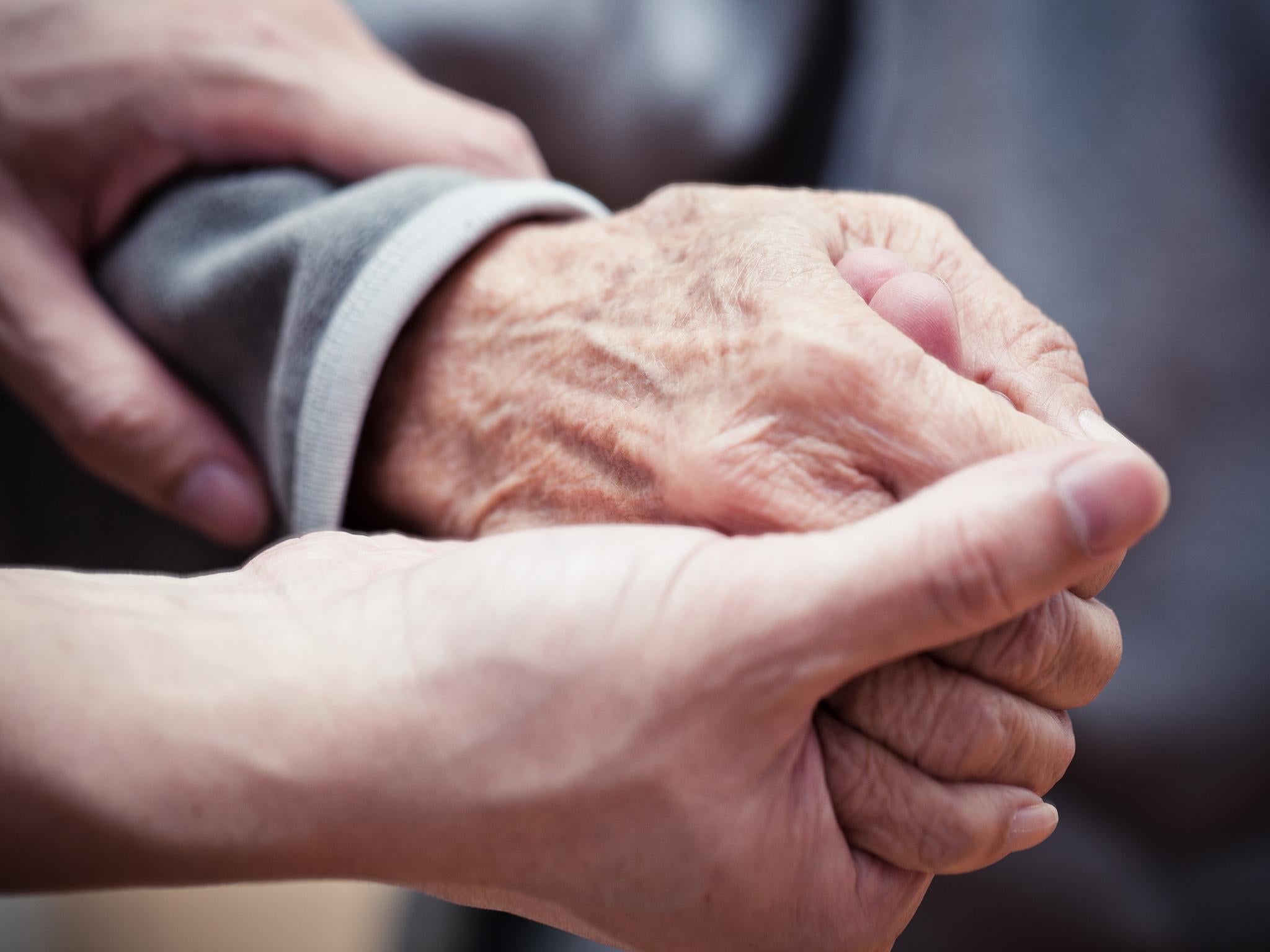People who suffer delirium after surgery 'more likely to be diagnosed with dementia'
Scientists now want to see if preventing delirium could help reduce dementia

Delirium after undergoing surgery can triple the chances of older patients developing dementia, research has shown.
The disturbed mental state, marked by confusion and disorganised thinking, affects up to 56 per cent of elderly patients admitted to hospital.
Scientists followed the progress of 1,152 cognitively "normal" individuals over the age of 65 for 10 years after they underwent surgery requiring a general anaesthetic.
Those who suffered postoperative delirium were three times more likely to be diagnosed with permanent cognitive decline or dementia than patients who experienced no disturbance after their surgery.
Postoperative delirium could be a warning sign of trouble ahead for patients just above the threshold for mental decline, said the researchers.
Lead scientist Professor Juraj Sprung, from the Mayo Clinic in Minnesota, US, said: "Our research shows that delirium after surgery is not only distressing for patients and their families, but also may be a warning that patients could later develop dementia.
"We don't yet know whether taking steps to prevent postoperative delirium could also help prevent dementia, but we need to find out."
The findings are reported in the British Journal of Anaesthesia.
Professor Hugh Hemmings, editor-in-chief of the journal, said: "This important research identifies a significant risk factor for developing dementia postoperatively, and highlights the need for more research in preventing, identifying and treating postoperative delirium."
Press Association
Join our commenting forum
Join thought-provoking conversations, follow other Independent readers and see their replies
Comments
Bookmark popover
Removed from bookmarks